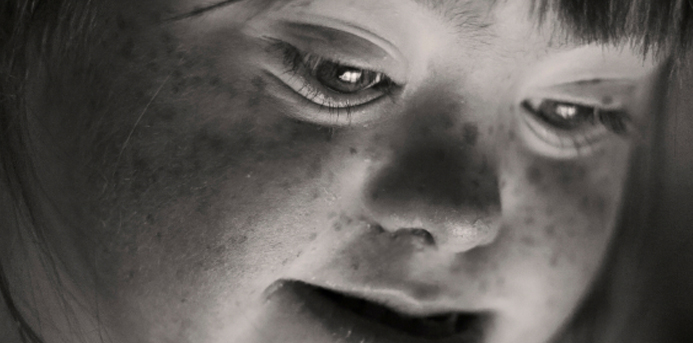There are some things you just fall into, like being the parent of a special needs child.
Membership in this “club” doesn’t necessarily make you wiser or more remarkable, but it does give you a unique perspective.
You quickly learn you never really know what’s going on with other people. It’s so easy to look at someone in public and make a snap judgment, or avoid uncomfortable situations. The reality is, everyone, at one time or another, will have to deal with some sort of adversity.
And while you may not be in the same shoes as a special needs person, you can certainly learn how to appreciate their perspective and do what you can to support them and their families. Because chances are, you may need some extra support yourself someday.
Learn the right lingo
When you talk with or about someone with special needs, don’t overthink it. Too often people are so worried about saying the wrong thing that they say nothing at all. Consider how you would want people talking to or about you.
Avoid saying “she’s crippled” or “he’s autistic,” and don’t let the disability define who they are. Instead say, “she’s physically disabled” or “he has autism.” And whatever you do, avoid using the dreaded “r” word that’s regrettably become part of contemporary slang. Focus on using affirmative, descriptive words that preserve equality and dignity.
Try not to stare
It’s human nature to look at the people around us and make judgments. In social psychology, person perception explains how we form impressions about people and much of it is through observation: the characteristics of the person you observe, physical cues and our tendency to focus on what’s visibly evident.
If you are curious, it’s OK to look. But don’t turn away too quickly without first offering a smile. That simple gesture means more than you realize.
And don’t drag your staring child away as it only makes the special needs child feel like they are scary. If your child is curious about the individual and his disability, engage your child and allow her to ask questions about it. The more we can do to take the unknown out of disabilities, the more accepting we all will be.
Offer to help
Next time you see a parent struggling to help her special-needs child, offer a hand. Even if you can’t do anything, just letting that parent know you recognize the situation and want to offer support can be a tremendous help. Remember a little help can go a very long way.
Think about the thank-you note that went viral from a mother to an unknown man sitting next to her autistic daughter on an airplane. Instead of rolling his eyes or ignoring the little girl, he put his papers away and engaged with her. This story—a demonstration of simple kindness—made the national news.
If you’re not sure how to help, don’t be afraid to ask. No one expects you to know what to do, but sincerity and warmth make up for it.
Remember that this is someone’s child who is loved
There certainly are days when parents of special-needs kids feel overwhelmed, but what parent doesn’t on occasion? Just because it’s harder doesn’t mean there is less love.
Whenever you can, engage a child with special needs like you would any other child. The same goes for the parents. They have similar hopes and dreams for their child and similar worries as typical parents. And like any parent, special needs parents crave the solidarity and companionship of other parents. They are regular people just trying to pay the bills, raise their kids and get food on the table. So don’t think you can’t relate.
It’s OK to laugh
No kidding, sometimes my son does some freaky things. If I couldn’t laugh about it, or let my dear friends join in the humor, we’d all go nuts. Disabilities are serious, but not the people affected by them. What parent doesn’t find joy in the comical behaviors of their own kids?
Always look for the good, regardless of ability
Next time you are out in public, keep this in mind. A study co-authored and published in the Journal of Personality and Social Psychology in 2010 (by Dustin Wood, Wake Forest University; Peter Harms, University of Nebraska; and Simine Vazive, Washington University in St. Louis) found a strong correlation between how positively you see others and how happy, kind-hearted and emotionally stable you see yourself and others see you. Likewise, those who tend toward negative perceptions of others are more likely to have higher levels of narcissism and antisocial behavior.
The takeaway? Focus on the positive and be kind. It will do wonders for you and everyone around you.

